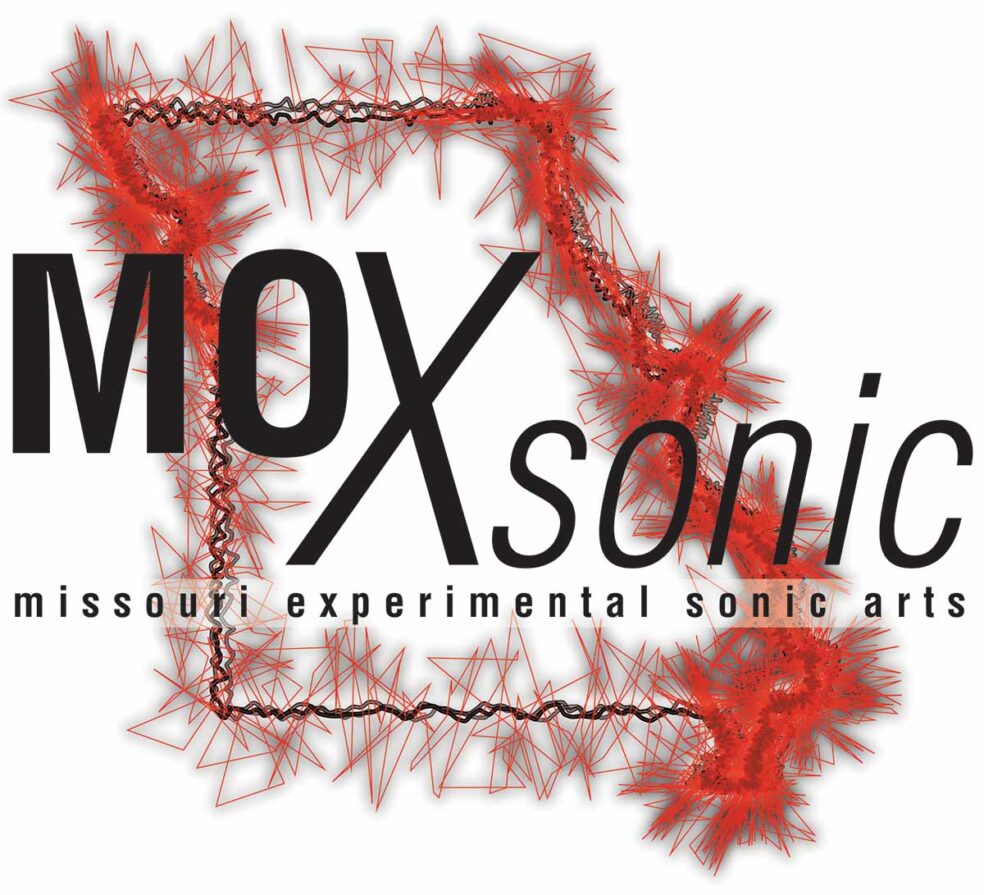Music Technology Studios, Wood Hall (Basement Level)
Situated Listening: Alternative Epistemological Standpoints on the Building, Performing, and Interfacing with Wearable Electronics
Alexandria Smith
Listening through techno-mediated practices is a complex system that sits between body expression, exploration, and control. To engage with these intra-actions between material, the body, agency, prosthesis, and technology, Feminist Science and Technology theorists have proposed alternative epistemological frameworks and methods for challenging the ‘all seeing vision’ that has historically been celebrated in techno-mediated practices. They call for partial perspective as an ethics and politics that not only opens a way to think about embodiment but asks that we think about embodiment in and as situated knowledge. However, while many of these theorists advocate for multisensorial methods for suggesting a more capacious understanding of embodiment and knowledge, they often prioritize an ocularcentric approach. Through an interdisciplinary methodology, this dissertation will draw upon articulations and animations of method that address a feminist, interconnected listening practice that is energized using wearable electronics and biosignals. It presents a component of my practice-led and practice-based research on alternative epistemological standpoints that center feminist modes of technologically mediated listening and challenge the discursive tradition of technoscientific and computer music research that celebrates notions of novelty and innovation through transcription, interconnected listening, and historicization.
Alongside my work, this dissertation presents works by Pauline Oliveros, Miya Masaoka, and Char Davies. Each of these artists provide insight through practice on what knowledge making has been privileged in this field, how alternative approaches to the production of knowledge have expanded the discourse of Human-Computer Interaction (HCI), systems theory [this needs to be build out/clarified], and how these lenses offer a critical pressure point for thinking through experimental practices. This intersection of theory and practice will animate and articulate an interdisciplinary situated listening practice that intersects making, transcription, embodied listening, agential realism, and feminist new materialism.
Praised by The New York Times for her “appealingly melancholic sound” and “entertaining array of distortion effects,” Alexandria Smith is a trumpeter, technologist, audio engineer, and multimedia artist that enjoys working at the intersection of all of these disciplines. Her current research and performance interests engage with building, designing, and performing with wearable electronics that ethically translate embodied, biological data into interactive sonic and visual environments. Passionate about taking down barriers to entry in technology, Alexandria has been building open source environments for making music with wearable electronics and working teaching audio engineering to folks in under represented communities. Recent projects include performing on Billy Martin’s record GUILTY (2020), curating a residency at the Stone, performing in a premiere of Alvin Lucier’s Orpheus Variations, teaching at Neofonía, Festival de Música Nueva de Ensenada, writing for the upcoming Arcana X volume, and working on her first solo album.
Alexandria is an Extraordinary Assistant Professor of Music Technology at the School of Music Industry at Loyola University New Orleans, and a Ph.D candidate at the University of California San Diego.
Collaboration as the Initial Stage of Artistic Group-Work
Ashlee T Busch
The collaborative stage of co-creation between music composers and other artistsThere are as many different approaches to artistic collaboration theory as there are authors who have created them. This paper postulates that collaboration is a stage of the artistic co-creative group-work process. Theories of collaboration were examined to isolate verbiage used in various attempted definitions of artistic collaboration. Two theories were selected to serve as a joint model for the creation and maintenance of a collaboration stage during the artistic co-creative group-work process including a derived series of conditions required for a co-creative initial stage to qualify as collaboration. Those conditions were then applied to five collaborative situations to determine if each situation had established a collaboration stage, how that establishment occurred, if that collaborative atmosphere was maintained over the life of the co-creative process, how the presentational outcome of the group-work was affected by the presence or lack of a collaboration stage, and finally this collaborator’s general reactions to the process.
Ashlee T Busch is a composer, performer, remixer, arranger, and educator based in Grand Rapids, Michigan. Ashlee most enjoys collaborating with other artists in poetry, dance, installation art, video, and more. Such collaborations have included residencies with East Coast and Midwest universities, as an artist with Grammy-award-winning PARMA Recordings, publishing with mixed ensemble music education publisher Leading Tones LLC, publishing with digital choral music company Zintzo LLC, and collaborations with ensembles premiering her works across the United States. Ashlee’s compositional interests range from post-minimal electroacoustic experimentalism to arrangements and remixes of video game music to pedagogically-focused materials for large ensemble concert bands, orchestras and choirs. Ashlee’s works are regularly commissioned across the United States including commissions from Michigan State University, Grand Valley State University, Austin Peay State University, University of Wisconsin, as well as a series of public schools. Ashlee received her Bachelor of Arts degree from Grand Valley State University, her Master of Music degree from Michigan State University and her Doctor of Musical Arts degree from Arizona State University. Ashlee is currently on faculty at Central Michigan University.
